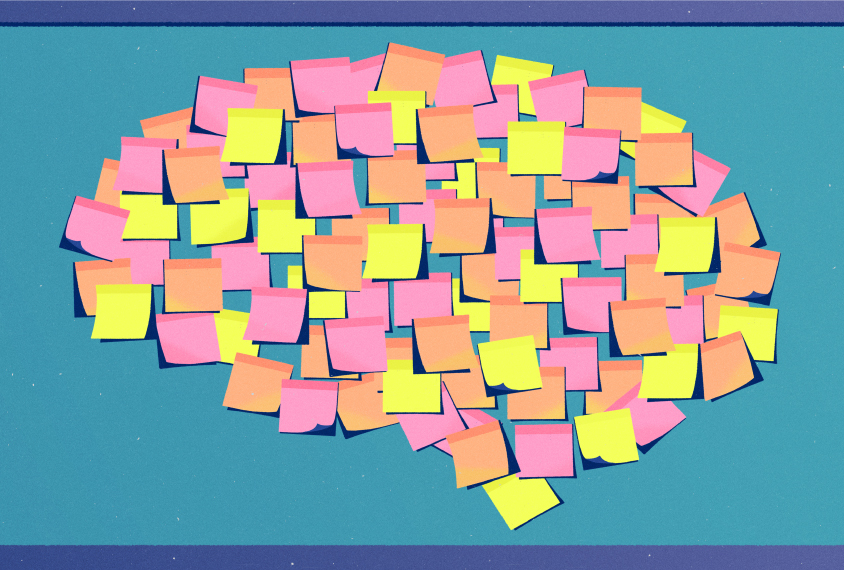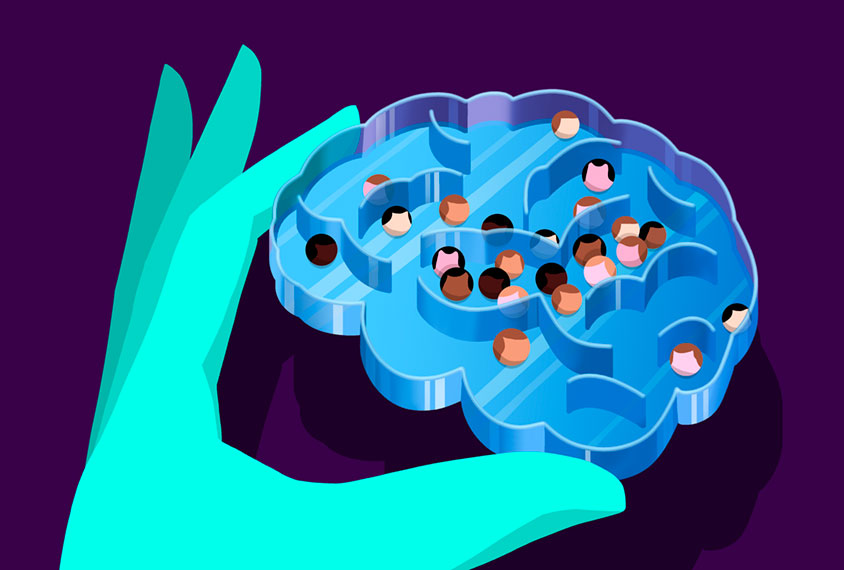Richard Bethlehem is a postdoctoral fellow and research associate at the Autism Research Centre and Brain Mapping Unit at the University of Cambridge in the United Kingdom. He studies integrated neuroimaging and transcriptomics to gain better understanding of the biological underpinnings of typical and atypical neurodevelopment.

Richard Bethlehem
Research associate
University of Cambridge
From this contributor
Q&A with Richard Bethlehem: What goes into a Brainhack
Brainhack conferences offer talks and hands-on tutorials, and unite small groups of interdisciplinary researchers to work on open-source neuroscience projects.

Q&A with Richard Bethlehem: What goes into a Brainhack
How normative modeling can reframe autism’s heterogeneity
Normative modeling could capture variability among autistic people and allow for individualized assessments.

How normative modeling can reframe autism’s heterogeneity
Explore more from The Transmitter
Machine learning spots neural progenitors in adult human brains
But the finding has not settled the long-standing debate over the existence and extent of neurogenesis during adulthood, says Yale University neuroscientist Juan Arellano.

Machine learning spots neural progenitors in adult human brains
But the finding has not settled the long-standing debate over the existence and extent of neurogenesis during adulthood, says Yale University neuroscientist Juan Arellano.
Xiao-Jing Wang outlines the future of theoretical neuroscience
Wang discusses why he decided the time was right for a new theoretical neuroscience textbook and how bifurcation is a key missing concept in neuroscience explanations.
Xiao-Jing Wang outlines the future of theoretical neuroscience
Wang discusses why he decided the time was right for a new theoretical neuroscience textbook and how bifurcation is a key missing concept in neuroscience explanations.
Memory study sparks debate over statistical methods
Critics of a 2024 Nature paper suggest the authors failed to address the risk of false-positive findings. The authors argue more rigorous methods can result in missed leads.

Memory study sparks debate over statistical methods
Critics of a 2024 Nature paper suggest the authors failed to address the risk of false-positive findings. The authors argue more rigorous methods can result in missed leads.